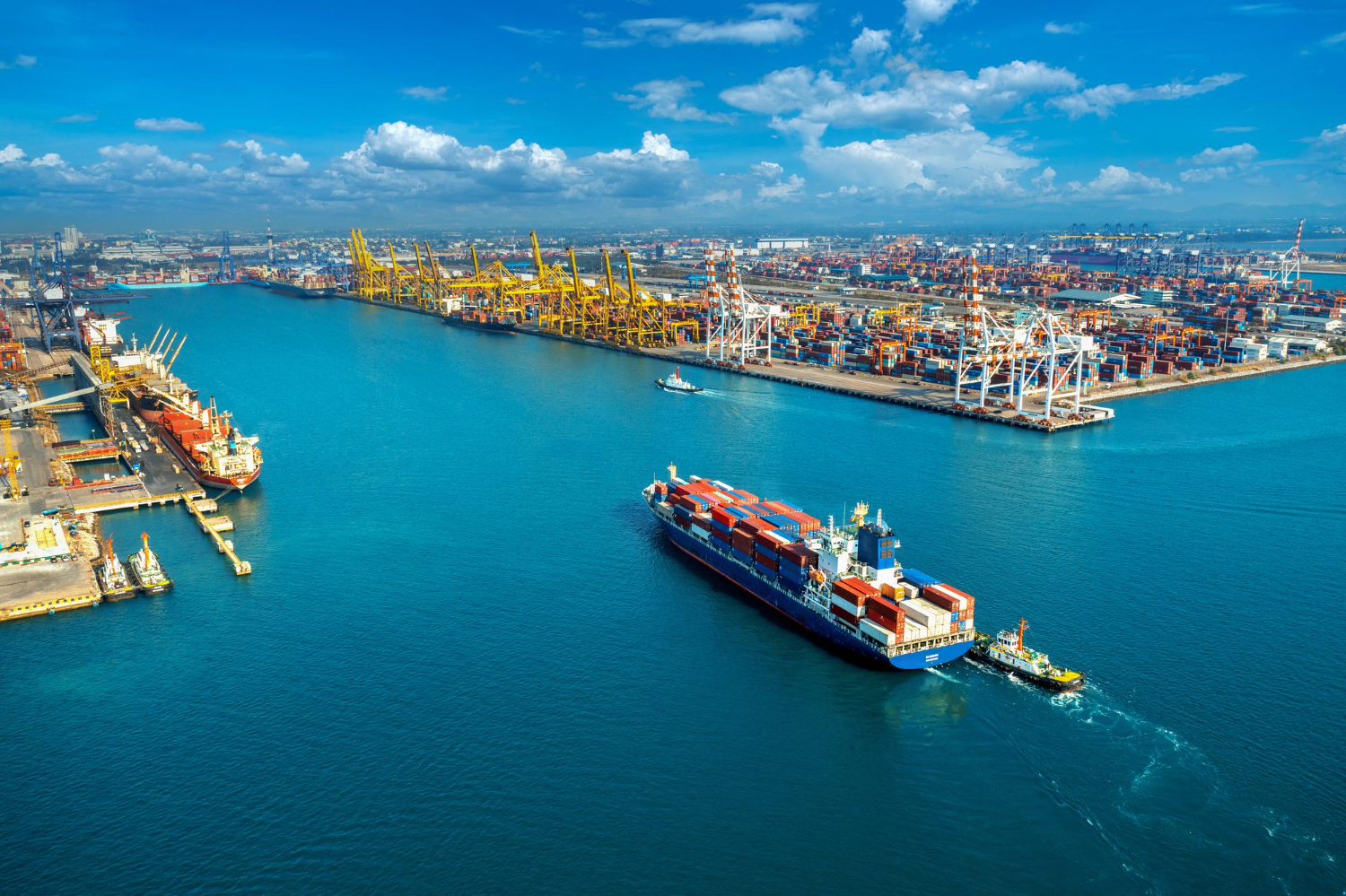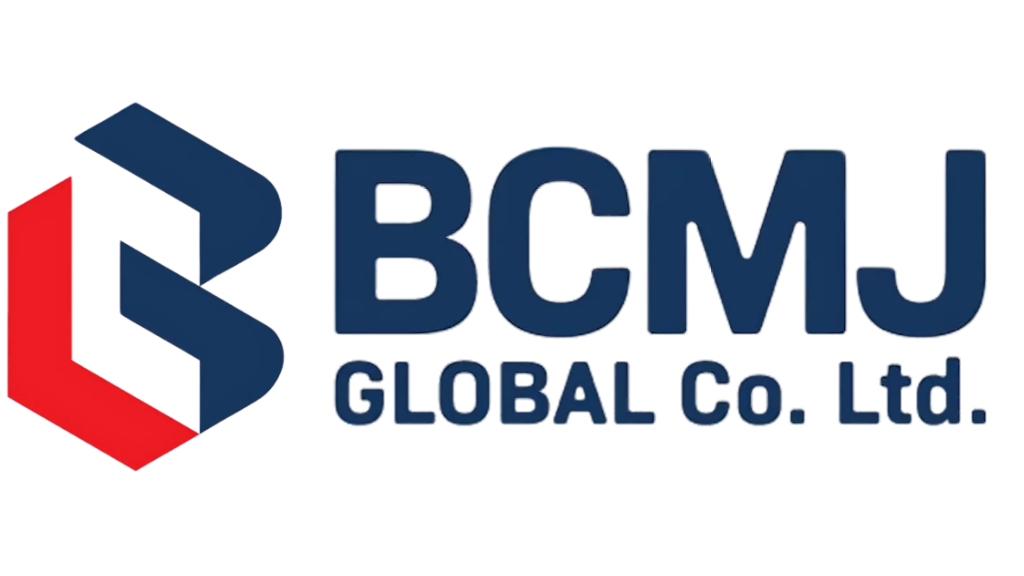
As global demand for Halal-certified products rises, South Korea is increasingly becoming both a destination and a hub for Halal trade. While traditionally not a Muslim-majority country, South Korea is strategically positioning itself to serve growing consumer needs, both domestically and globally. Understanding the dynamics of Halal trade in and out of South Korea presents valuable opportunities and challenges for business developers, importers, and exporters.
Understanding Halal: More Than Just Certification
Halal, an Arabic term meaning “permissible,” refers to products that comply with Islamic dietary laws. In the food and beverage industry, this includes sourcing, production, packaging, and logistics free from prohibited substances such as pork and alcohol. Increasingly, Halal also extends to cosmetics, pharmaceuticals, fashion, and tourism.
Certification from recognized Halal authorities is essential. For companies looking to trade with Muslim-majority nations or meet the rising domestic demand from Muslim residents and tourists, proper certification is non-negotiable.
Importing Halal Products into South Korea
Market Demand and Opportunities
South Korea’s Muslim population has been growing, primarily due to expatriates, students, and tourists, particularly from Southeast Asia and the Middle East. As a result, demand for Halal food, beverages, and consumer goods has risen. Korean universities, halal-friendly restaurants, and the Korea Muslim Federation (KMF) have played active roles in building awareness and supply.
Regulatory Landscape
Importers must navigate both Korean and Halal regulations. Key considerations include:
- Korea Customs Service (KCS): Ensures that imports comply with Korean food safety and labeling regulations.
- Halal Certification Recognition: South Korea recognizes certain foreign Halal certifications, especially those from Malaysia (JAKIM), Indonesia (BPJPH), and the UAE (ESMA), easing the entry of Halal goods.
- Documentation: Proper certificates, product composition analysis, and clear labelling in Korean are essential for smooth customs clearance.
Challenges and Solutions
- Cultural Sensitivity: Awareness of Islamic dietary rules is limited in some sectors. Educational campaigns and collaboration with Muslim communities can bridge the gap.
- Logistics: Halal integrity must be preserved across the supply chain. Using Halal-compliant warehousing and transportation is recommended.
Exporting Halal Products from South Korea
Emerging Export Markets
South Korea is actively promoting Halal exports to high-growth markets like Indonesia, Malaysia, the Middle East, and parts of Africa. K-food, K-beauty, and Korean pharmaceuticals are in high demand.
Certification and Standards
To access these markets, Korean companies must obtain certification from internationally recognized Halal bodies. The Korean government has established institutions such as the Korea Institute of Halal Industry (KIHI) and supports businesses through funding and consultation.
Industry Focus Areas
- Food & Beverage: Kimchi, instant noodles, snacks, and beverages are among Korea’s top Halal exports.
- Cosmetics: Halal-certified Korean skincare is gaining traction, especially where ingredients and ethical production matter.
- Tourism & Services: Beyond physical products, Halal-friendly tourism and hospitality services are a growing export.
Strategic Partnerships
Export success depends on collaboration:
-
- Joint Ventures: Partnering with distributors or retailers in Muslim-majority countries can ease market entry.
- Government Support: Leverage programs by Korea Trade-Investment Promotion Agency (KOTRA) and the Ministry of Agriculture for market intelligence and promotional opportunities.
Future Outlook
The global Halal market is projected to exceed USD 3 trillion by 2030, with South Korea uniquely positioned to participate as both an importer and exporter. Government policy, private sector innovation, and cross-border partnerships are key enablers.
For project managers and business developers, the Halal market represents more than a niche, it is a strategic growth frontier. Whether importing to meet domestic demand or exporting to fast-growing international markets, success lies in regulatory compliance, cultural understanding, and value-driven innovation.
Conclusion
South Korea’s engagement in the Halal economy is not merely reactive, it is becoming proactive and strategic. With increasing consumer awareness, institutional support, and global demand, the time is ripe for businesses to build Halal into their development roadmap.
For organizations seeking to thrive in this space, aligning product development, certification, and cross-cultural marketing will be the pillars of sustainable success.



